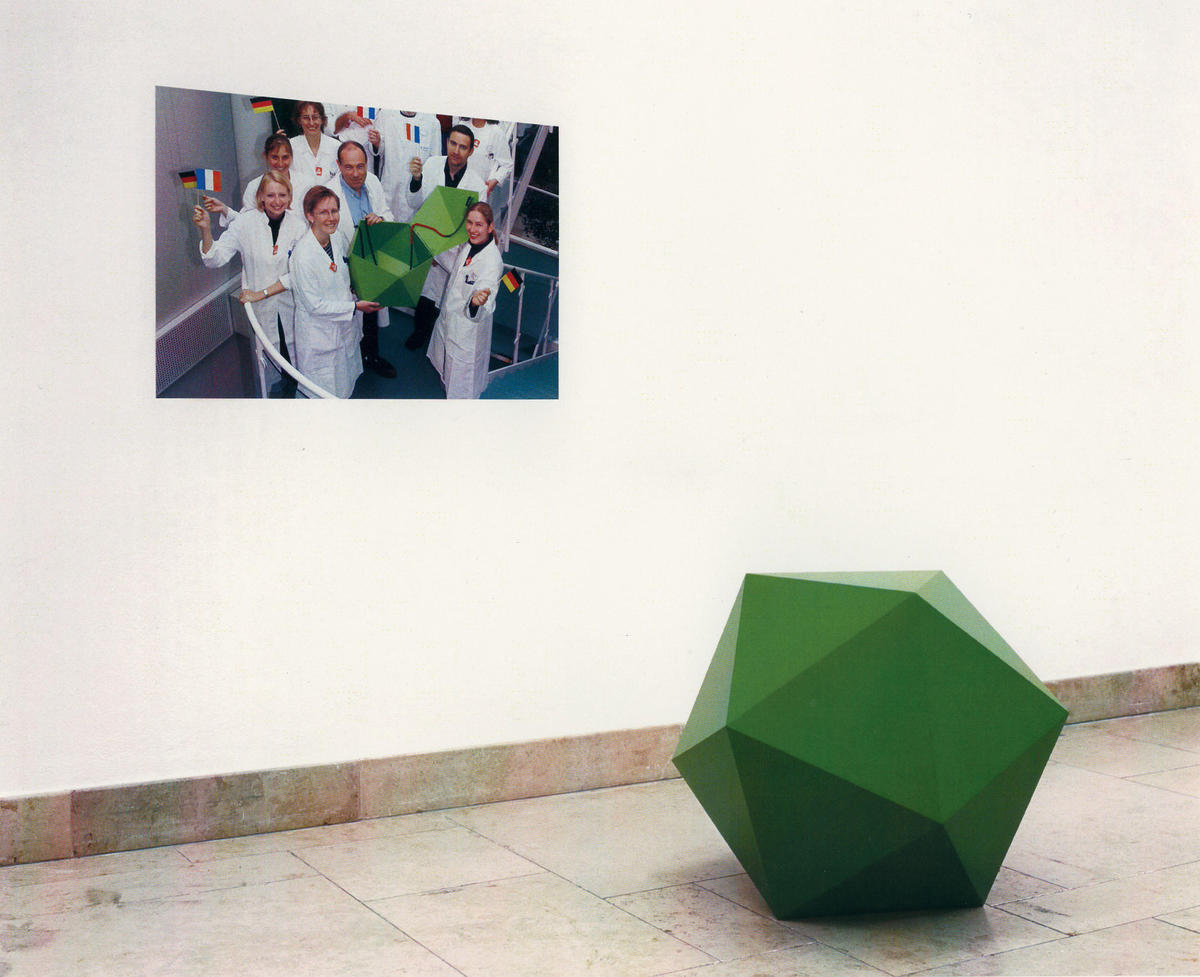
I walk into the conference room at the Zurich headquarters of OSEC, a state-funded institution trying to open doors for the Swiss business community by fettering it with contacts, legal know-how and cosmopolitan refinement. Today, OSEC is hosting a seminar, “Doing Business with the Arab World,” held by Intercultural Consulting Inc (ICC), a two-man agency based in Geneva that specializes in the hairy challenges underlying international joint ventures (“Business with Indians” is also on offer).
In the conference room this morning are some two dozen men and women, remarkable only for the fact that they all look perfectly and utterly inconspicuous. I feel a small, irrational pang of guilt for remembering that they — or their respective companies — have paid several thousand euros each for the privilege of being here, while I myself have been granted free access as part of my research on “ethnic marketing.”
The man standing at the front is Malek El Khoury. He’s dressed in a discrete dark gray suit and tie, tasbi prayer beads swinging from one hand. When everyone has taken his or her seat, El Khoury suddenly points at me, frantically rushes across the room as if my hair had spontaneously caught fire, and grabs my hand in both of his. With a huge smile on his face, his eyes open wide in ecstatic surprise, he exclaims, “We know each other!”
“We do?”
“Yes, of course! I’m positive! But from where?”
“I wouldn’t know.” I smile sheepishly at the other participants, who are now watching us, pleased.
“We must discuss this! We must get to the bottom of this!” “Now?”
“Yes. Now. Absolutely. Come.” He leads me out of the room, shuts the door behind us, and explains that this was just a role-playing exercise. Then he leads me back inside, where the paying participants are still smiling pleasantly at the door through which we’d exited. “Ladies and gentlemen, this was an exercise! And what was the point of the exercise? The Arabs prioritize friendship over everything else.” He pauses. “What else did we learn?” Someone raises his hand.
“They don’t kchare abaut pankchtchuälity?” a Helvetian offers hopefully.
“Exactly. Doesn’t matter if a meeting is about to start. The most important thing is the friendship.”
Over the course of the two-day seminar, El Khoury’s ruse is used as a hook to prove that, for better or worse, the Arab business world relies on personal trust far more than on specialized skills or personal track records. Although this suggests an age-old, racial cliché, at least this and other “cultural traits” are discussed in a manner that is rather blunt, neither reproving nor charmed. At times, the seminar resembles a freshman introduction to cultural studies. What is cultural determinacy, what is free will, what is hybridity and where does intercultural perception fit in?
“Don’t forget that YOU,” El Khoury hollers, “just as much as THEY, are part of the problem.”
Several exercises consist precisely in pulling the rug out from under our feet: we’re made to sit in groups of four and list “Arab attributes” we believe to be appropriate. When the results of our brainstorming sessions are duly presented to the instructor, he scoffs, “Everybody in this room has one thing in common: the amazing capacity to sum up 250 million individuals in ten minutes.”
I later question El Khoury on his occasional use of stereotypes. “Of course, the picture of Arabs I draw for my clients is like the folkloric painting above my grandfather’s couch in Beirut,” he says. “But if the aim is cultural rapprochement, how do you confront the issues in two days? What’s the strategy?” His colleague, Yves Lagier, founder of ICC, is even more candid.
“A young Iranian like you might object, and say that my representation of his countrymen is antiquated, that the last generation to be so traditional was that of his great-grandparents. And from an Iranian point of view, the progress made since then is indeed enormous. But from a western one, it’s actually quite small, which is why we never take transformations as a point of departure. We don’t start with the hybrids.” Before becoming a business consultant, Lagier had a career in NGOs. The business world, he argues, had the advantage of being the only one open to true change, and that faced up to harsh realities, simply because it was a case of sink or swim. Culture and education, by contrast, were all about gratuitous self-importance and wishful thinking.
For ICC, it seems that business is good for the moment, but neither interculturalist predicts a rosy future. The world, they maintain, is becoming more uniform; one can always find an English-speaking hotel with a business center, no matter where one is. As a result, the business world is starting to see the seminars — where employees from Delhi and Zurich sit together to discuss feedback glitches, after-hour bonding mishaps and national traditions — as a luxury more than anything else.
For all the hair-raising essentialism, the question is whether such consultants ultimately do more good than harm. If only by raising issues of stereotypes and perceptions that, hopefully, someday, somehow, are taken to more subtle conclusions in the minds of the participants than the deductions on offer in the hurried seminars themselves.
As it turned out, Mr. Malek El Khoury and I really did know each other. El Khoury runs a Middle Eastern spice shop in downtown Geneva, where I would buy my saffron and turmeric when I was a university student. For some reason, I used to think he was Greek.